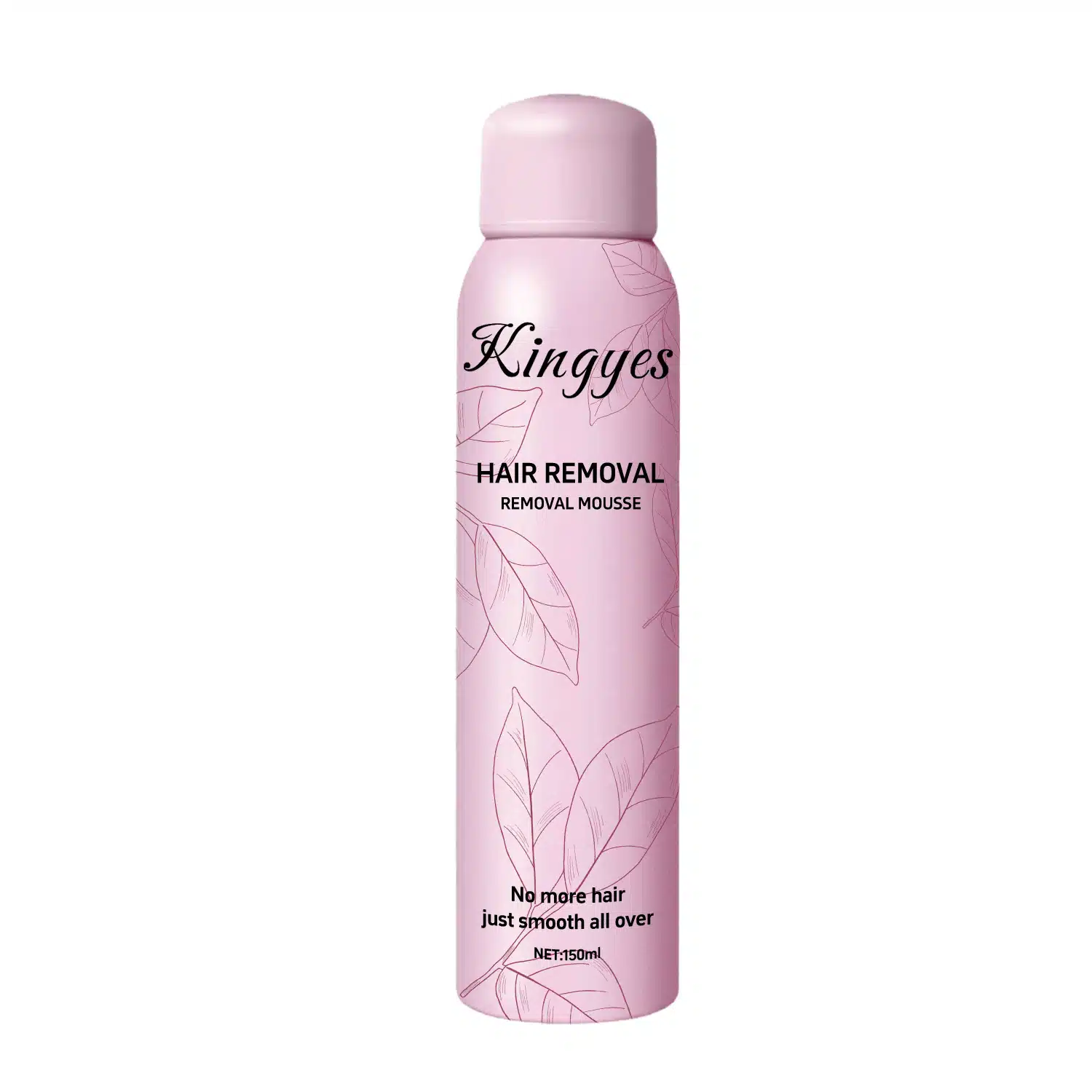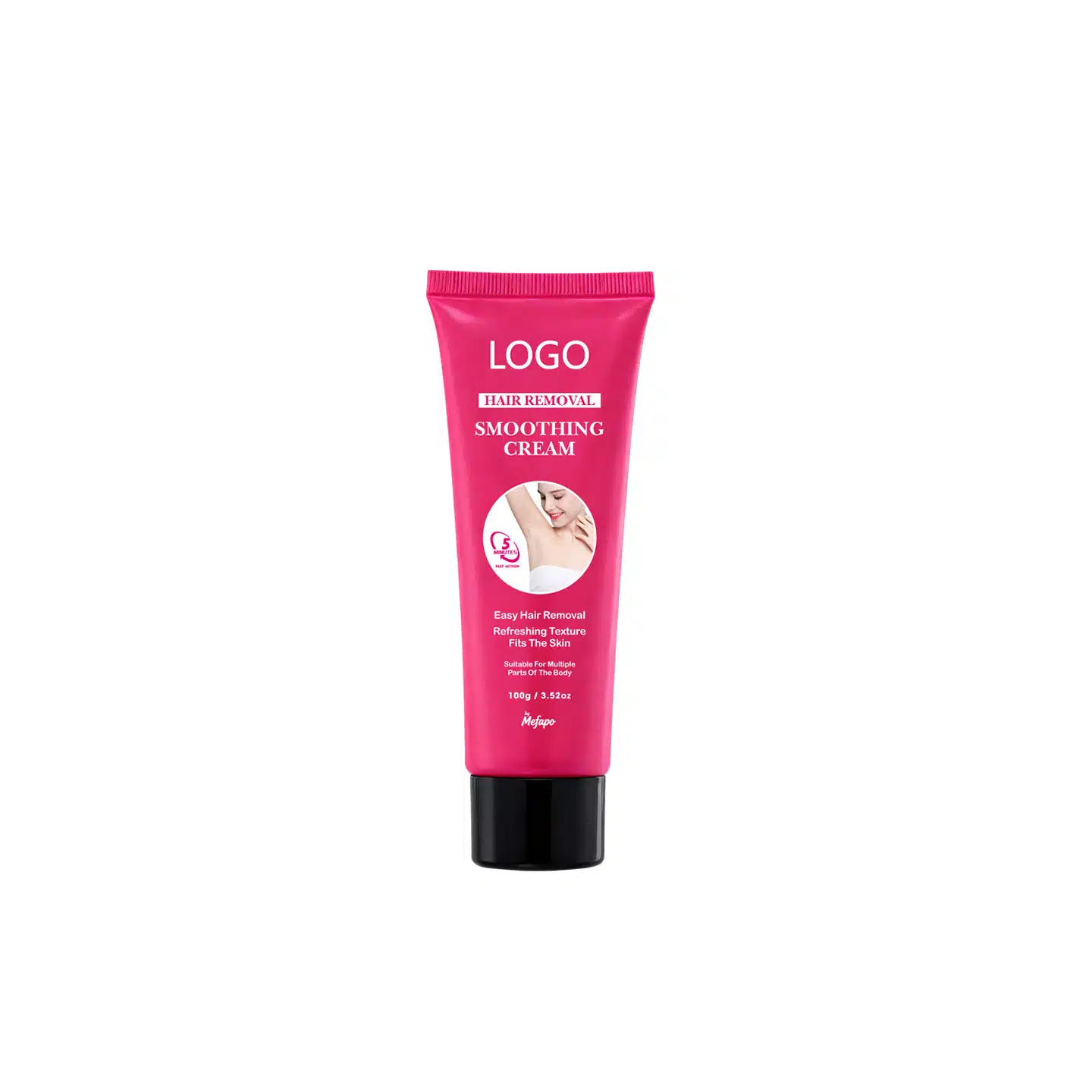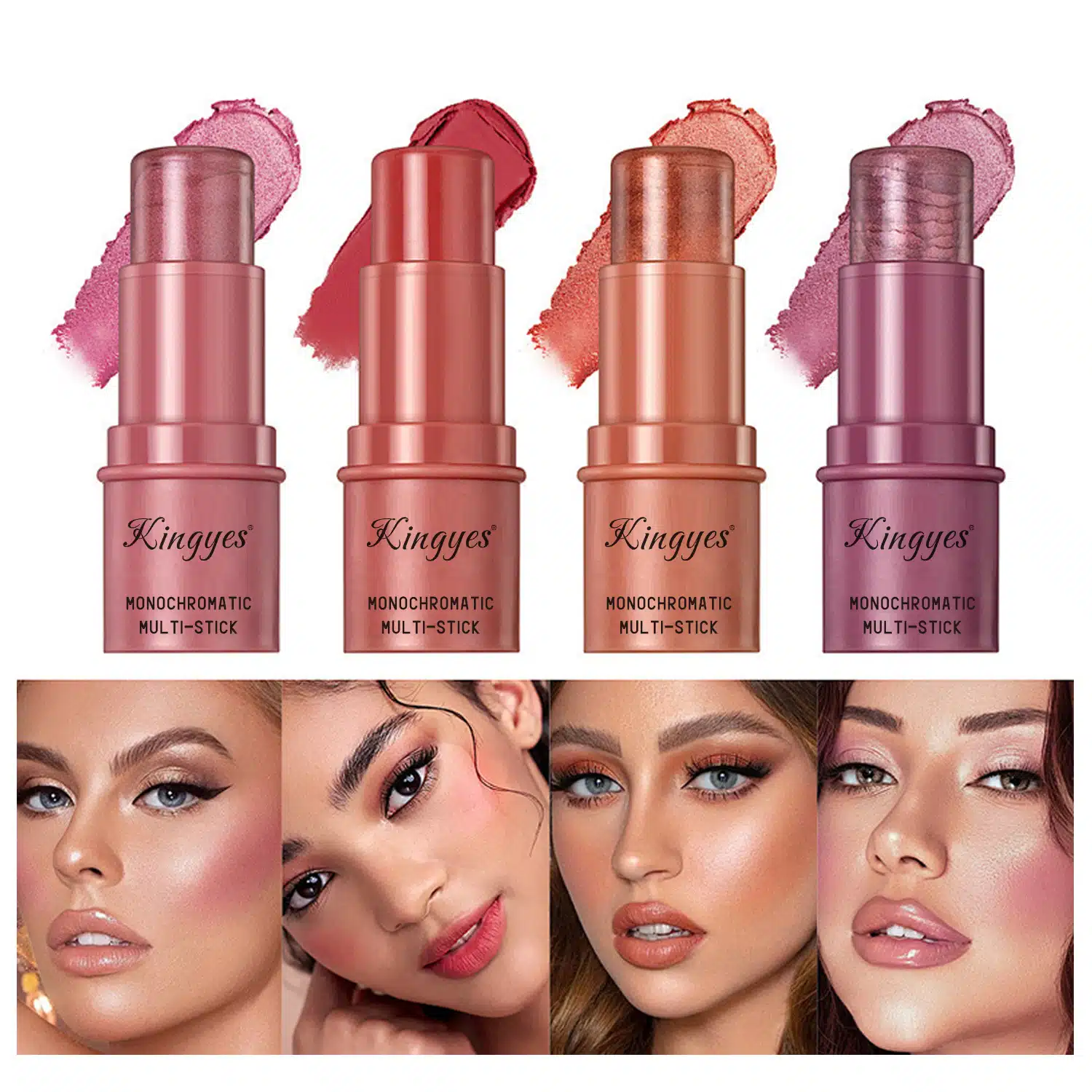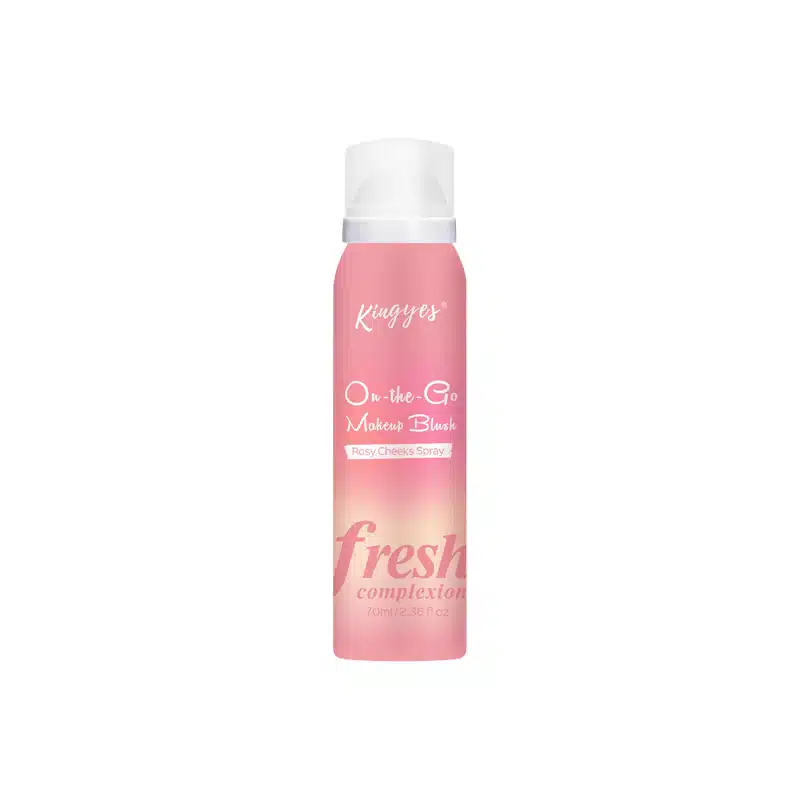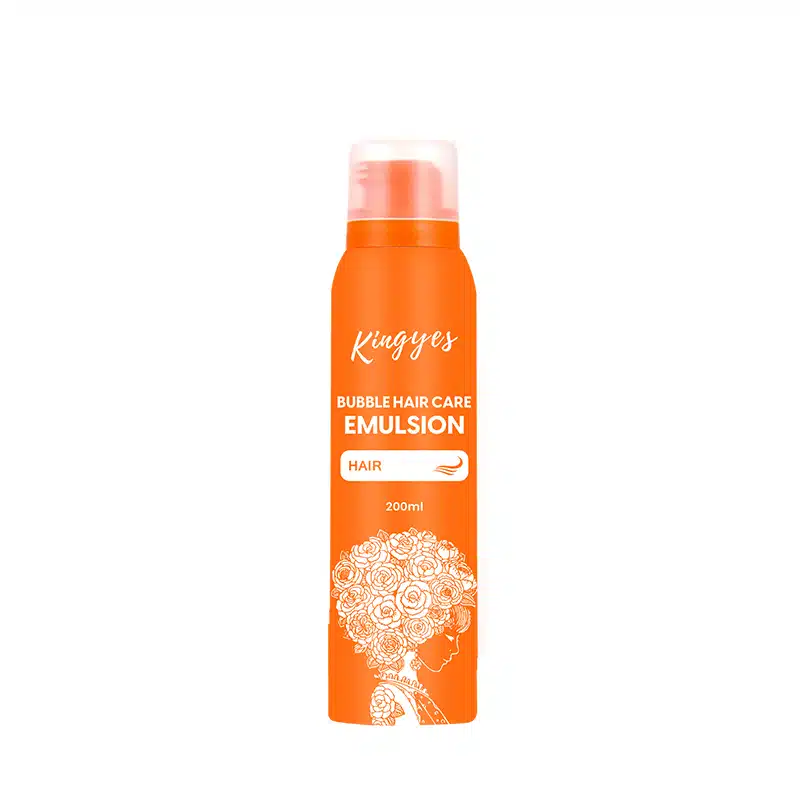
Private Label Hair Care Product Manufacturers
Table of Contents
Unlock Your Brand Potential: The Ultimate Guide to Private Label Hair Care Product Manufacturers
Are you dreaming of launching your own hair care brand, but don’t have the resources to invest in a manufacturing facility? Private label hair care offers the perfect solution. Partnering with a reputable private label hair care product manufacturer allows you to create a product line of high-quality hair care products with your own brand name, without the complexities of formulation and production. This article dives deep into the world of private label hair care, exploring everything from the benefits of private label to finding the best private label hair care manufacturer and developing your unique hair care solutions. Get ready to transform your vision into a successful reality!
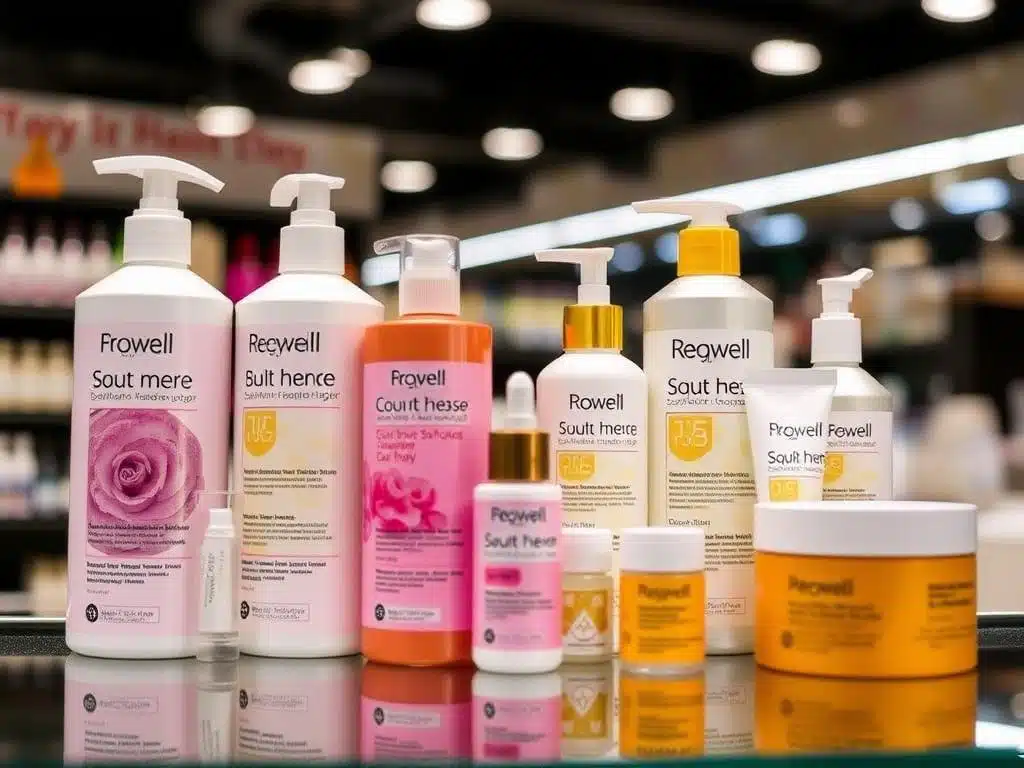
What is Private Label Hair Care and Why Should You Consider It?
Private label hair care involves partnering with a private label manufacturer that already produces hair care products and then selling these products under your own brand name. Instead of building your own factory, formulating your own products, and navigating complex production processes, you can rely on a private label hair care manufacturer to handle all of that, while you focus on building your hair care brand and reaching your customers. This business model is becoming increasingly popular, giving new and established businesses an affordable way to enter the competitive hair care market. It’s a strategic move that allows you to create a unique identity with high-quality hair care products.
This approach offers businesses the chance to launch a product line without significant upfront investment. The private label model enables you to bypass lengthy research and development, enabling you to quickly bring a range of hair care products to market. It’s about leveraging existing formulations and production capabilities and focusing on your branding, marketing, and sales strategy. Private label haircare is essentially a way to offer high-quality products under your own name, giving you the chance to offer your own care solutions.
The Benefits of Partnering with a Private Label Hair Care Manufacturer
There are numerous advantages to using a private label hair care manufacturer:
- Cost-Effectiveness: Avoid substantial investments in setting up your own manufacturing facilities, purchasing equipment, and hiring specialized staff. Private label significantly reduces initial capital expenditure. Private label offers a way to achieve a product line at a much lower cost than doing it all yourself.
- Speed to Market: Launch your hair care brand quickly, leveraging existing formulas and streamlined manufacturing processes. This enables you to capitalize on emerging trends and meet consumer demand quickly.
- Expertise and Experience: Partner with professionals who have extensive experience in hair care product formulation and production, ensuring the quality and safety of your products. This is crucial for creating effective products that customers will love.
- Flexibility and Customization: Customize products to meet specific market demands or niche needs. You can adjust care formulas, scents, ingredients, and packaging to align with your brand identity. You are not limited to generic formulations.
- Scalability: Easily scale production to meet increasing demand, without having to invest in additional manufacturing resources. This is key for growing your hair care brand sustainably.
- Brand Building: Develop your own brand identity and loyal customer base by creating unique products with your own branding and packaging, which will help to build your brand.
- Focus on Core Competencies: By outsourcing manufacturing, you can focus on your core strengths, such as marketing, sales, and customer service, ensuring your business flourishes.
Understanding the Difference: Private Label vs. White Label vs. Contract Manufacturing
It’s important to differentiate private label from similar terms like “white label” and “contract manufacturing” to make informed decisions:
Private Label: As previously described, private label involves a manufacturer producing products with your brand name and packaging. The private label manufacturer usually has its own formulas that you can customize. This is most appropriate if you want to create a specific range of products under your name.
White Label: White label is similar to private label, but the branding is more generic. You may be able to add your logo, but the packaging and product may be identical to other companies. This option is often cheaper but offers less customization. There is often less choice when choosing white label products.
Contract Manufacturing: With contract manufacturing, you work with a manufacturer to create a completely unique product from scratch, including a custom formulation. This provides full control, but requires significant investment and expertise. This process is perfect for those with specific formulas they have developed themselves.
| Feature | Private Label | White Label | Contract Manufacturing |
|---|---|---|---|
| Formulation | Existing formulas, customizable | Existing formulas, limited customization | Custom formulas, developed by the client |
| Branding | Fully customized branding and packaging | Limited customization, often generic | Fully customized branding and packaging |
| Control | Moderate control over product and packaging | Minimal control over product and packaging | Complete control over formulation, production and packaging |
| Cost | Moderate cost, lower initial investment | Lower cost, minimal initial investment | Higher cost, significant upfront investment |
| Time to Market | Fast, leveraging existing infrastructure | Very fast, minimal design changes | Slower, requires R&D and custom production setup |
| Ideal For | Businesses looking for branded products quickly | Businesses seeking low-cost, generic products | Businesses with specific formulation and control needs |
What Types of Hair Care Products Can You Create with Private Label Manufacturers?
The variety of hair care products you can create with a private label manufacturer is vast, allowing you to cater to a broad range of needs and preferences. Here are some examples of products you can produce:
- Shampoos and Conditioners: Offer a range of hair care shampoos and conditioners for different hair types, including oily, dry, damaged, and color-treated hair. There are specific shampoos for hair growth, hair loss, and other specific hair needs.
- Styling Products: Create a line of styling products, such as hair sprays, gels, mousses, waxes, and creams, to help customers achieve various hairstyles.
- Hair Masks and Treatments: Provide deep conditioning hair masks and treatments to nourish, hydrate, and repair damaged hair. These may be focused on natural hair or professional hair care.
- Hair Oils and Serums: Offer hair oils and serums to smooth, add shine, and tame frizz. These products may include natural ingredients.
- Scalp Care Products: Develop specialized products to treat scalp conditions, such as dandruff, dryness, and itchiness.
- Hair Color Products: You can also create your own line of hair color products, including permanent, semi-permanent, and temporary hair dyes.
- Specialized Products: cater to specific needs, such as hair growth products, volumizing products, and products for various hair types.
How to Choose the Right Private Label Hair Care Product Manufacturer
Selecting the right private label hair care manufacturer is crucial for the success of your brand. Here are some factors to consider:
- Product Quality: Request samples of their hair care products to assess their quality, performance, and ingredients. Look at the ingredients used; are they natural and organic?
- Certifications and Compliance: Ensure that the manufacturer complies with relevant industry standards and has necessary certifications (GMP, ISO, etc.). Professional hair care requires specific accreditations.
- Customization Options: Verify the degree of customization they offer, including formulation, fragrance, packaging, and branding options. Do they offer custom hair care products?
- Minimum Order Quantities (MOQs): Understand their MOQs and make sure they align with your business needs and budget. There might be an additional cost for lower numbers.
- Manufacturing Capacity: Assess their capacity to scale production as your business grows. Can they cope with a higher demand?
- Lead Times: Inquire about their lead times for production and delivery, ensuring they meet your launch timelines.
- Communication and Support: Choose a manufacturer that is responsive, transparent, and offers excellent customer support. Care solutions should be readily available.
- Pricing and Payment Terms: Compare pricing from different manufacturers and review their payment terms.
- Reputation and Reviews: Check their track record and read customer reviews or testimonials. A leading private label manufacturer will usually have online reviews.
- Location: Consider location for shipping, and to check on the production process. Hair care manufacturing can be costly if the manufacturing plant is too far away from your base of business.
The Product Development Process with a Private Label Manufacturer
The product development process with a private label manufacturer typically follows these steps:
- Initial Consultation: Discuss your brand vision, product range, and target audience with the manufacturer.
- Product Selection and Customization: Choose from their existing formulations or request modifications and customizations.
- Sample Creation: The manufacturer will create samples for your approval. Product development usually involves tweaking the formulas until you are happy.
- Testing and Feedback: Test the samples and provide feedback for further adjustments. This is an important stage, as it allows you to ensure the high-quality products that you need.
- Packaging and Branding: Work with the manufacturer to design packaging that aligns with your brand identity. You might want to customize the product and packaging to reflect your brand.
- Regulatory Compliance: The manufacturer will help you ensure that your products meet all necessary regulatory requirements. You must be aware of any local regulations surrounding the sale of cosmetic products.
- Production and Delivery: Once approved, the manufacturer will commence production, and deliver the products to you. This may be done as a one-off or ongoing process.
Exploring Customization Options for Your Private Label Hair Care Line
Private label allows for numerous customization options, enabling you to create a truly unique hair care product line:
- Formulation: Modify existing formulas to add specific ingredients, adjust concentrations, or create products tailored to niche markets, for example, natural hair care. The care formulas can be adapted to your needs.
- Fragrance: Select unique fragrances that align with your brand identity. Private label offers a choice of fragrances.
- Packaging: Choose from a wide range of products including bottles, jars, tubes, and other packaging options, as well as labeling, to create a distinctive brand look.
- Ingredients: Customize the ingredient list to align with your brand’s values, such as natural ingredients, organic, or vegan options. Natural and organic products are very popular.
- Branding: Design custom labels and packaging that reflect your unique brand identity. This is crucial for building brand recognition. You need to be aware of regulations around the placement of logos.
Navigating the Costs and Pricing of Private Label Hair Care Products
Understanding the costs involved in private label hair care is crucial for developing a profitable business model. The factors that determine the costs are:
- Formulation Complexity: More complex formulas with specialized ingredients will generally be more expensive.
- Packaging: Custom packaging options will increase costs.
- Order Volume: Higher volume orders typically result in lower per-unit costs.
- Customization Level: The level of customization will impact production costs.
- Manufacturer Reputation: Top private label manufacturers with extensive experience may charge higher prices.
When pricing your private label hair care products, consider:
- Production Costs: Calculate the cost of producing each product, including manufacturing, packaging, and labeling.
- Operating Costs: Include your operational expenses such as marketing, sales, and shipping.
- Profit Margin: Determine a profit margin that allows for healthy revenue growth.
- Market Rates: Analyze how competitors are pricing similar products to remain competitive.
| Cost Factor | Impact |
|---|---|
| Formulation Complexity | More complex formulas with specialized ingredients will increase cost. |
| Packaging | Custom packaging options can be more expensive. |
| Order Volume | Higher order volumes reduce per-unit costs. |
| Customization | More customization will increase production costs. |
| Manufacturer Reputation | Top private label manufacturers may charge higher prices. |
Trends and Innovations in the Private Label Hair Care Industry
The private label hair care industry is constantly evolving, with several key trends and innovations shaping its future:
- Natural and Organic: The demand for natural and organic hair care products is increasing, encouraging manufacturers to offer clean, plant-based formulations. Consumers are becoming more interested in sustainable practices.
- Personalization: Consumers are seeking personalized hair care solutions tailored to their specific hair types and needs. This means that private label manufacturers must offer flexibility.
- Sustainability: A growing emphasis on sustainable practices, including eco-friendly packaging and ethical sourcing. This ties in with the trend for natural and organic ingredients and recyclable packaging.
- Multi-Functional Products: Products that offer multiple benefits in one application are gaining popularity. Hair and skin care is becoming more interlinked.
- Professional-Grade Formulations: Consumers are increasingly interested in salon-grade products that offer high-performance results.
- Scalp Health: A greater emphasis on hair and scalp health, with products targeting scalp issues, including hair loss and hair growth.
- Diversity and Inclusivity: Brands are striving to offer product ranges that cater to various hair textures, hair types and ethnic backgrounds
These trends are also helping shape the direction of private label skin care. Being aware of these changes is key for staying competitive in the care market.
Launching and Marketing Your Private Label Hair Care Brand
Launching a successful private label hair care brand requires a well-defined marketing strategy:
- Define Your Target Audience: Identify your ideal customer, understanding their needs, preferences, and purchasing behaviors.
- Create a Strong Brand Identity: Develop a unique brand name, logo, and visual identity that reflects your brand values. This brand should be carried throughout your product line.
- Develop a Marketing Strategy: Utilize online channels (social media, e-commerce), and offline channels (retail, salons) to reach your target audience.
- Engage with Customers: Connect with your customers by providing excellent customer service, building loyalty, and encouraging repeat purchases.
- Focus on Quality and Results: Prioritize offering high-quality hair care products that deliver on their promises.
- Seek Feedback: Collect customer feedback to continuously improve your product offerings.
- Stay Up to Date: Keep up with emerging trends and innovations in the hair care industry to stay relevant and competitive.
- Leverage Partnerships: Collaborate with influencers and other brands to expand your reach.
- Build a Strong Online Presence: Having a website and using social media platforms to connect with customers is essential for a successful business.
- Be Transparent: Be clear about your ingredients, formulations and environmental practices to build trust with customers.
By following these tips, you can successfully launch and market your private label hair care brand, capturing market share and fostering a loyal customer base. Remember, the key to a successful hair care brand is offering your customers high-quality private label products that deliver results. Partnering with the right care manufacturer can help you achieve this goal.
- Offer Bespoke Products: If possible, you may want to offer bespoke products tailored to specific customer needs.
- Expand your product: As your business grows, continue to expand their product line with new and exciting items.
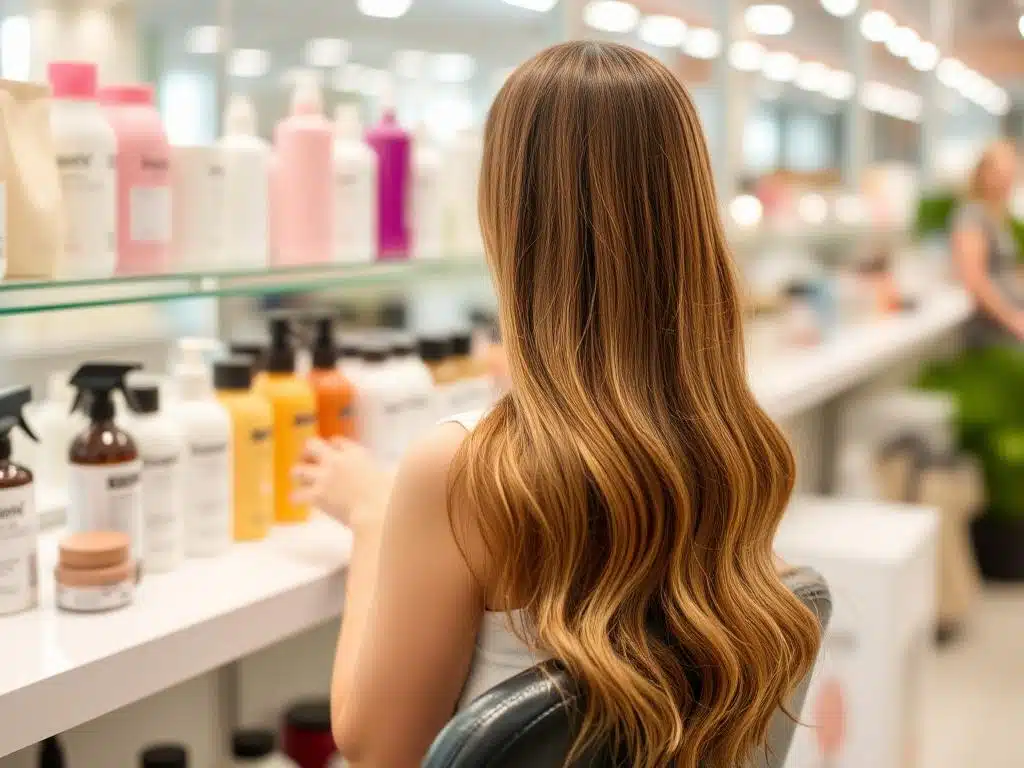
Key Takeaways:
- Private label hair care offers a cost-effective way to launch your own hair care brand.
- Partnering with the right private label hair care manufacturer is essential for success.
- You have a wide range of customization options to create unique hair care products.
- Understanding the costs and pricing involved is crucial for developing a profitable business model.
- Stay informed about industry trends to remain relevant and competitive.
- A strong marketing strategy is key for launching and growing your private label hair care brand.
- There is a wide range of hair care solutions available.
- There are various skin care products that can be combined with hair care products.
- You can produce hair products for all different hair types.
- A care contract manufacturer can guide you through the development process.
By considering all of these factors, you’ll be well-equipped to embark on your journey into the exciting world of private label hair care and build a thriving business.
Comments
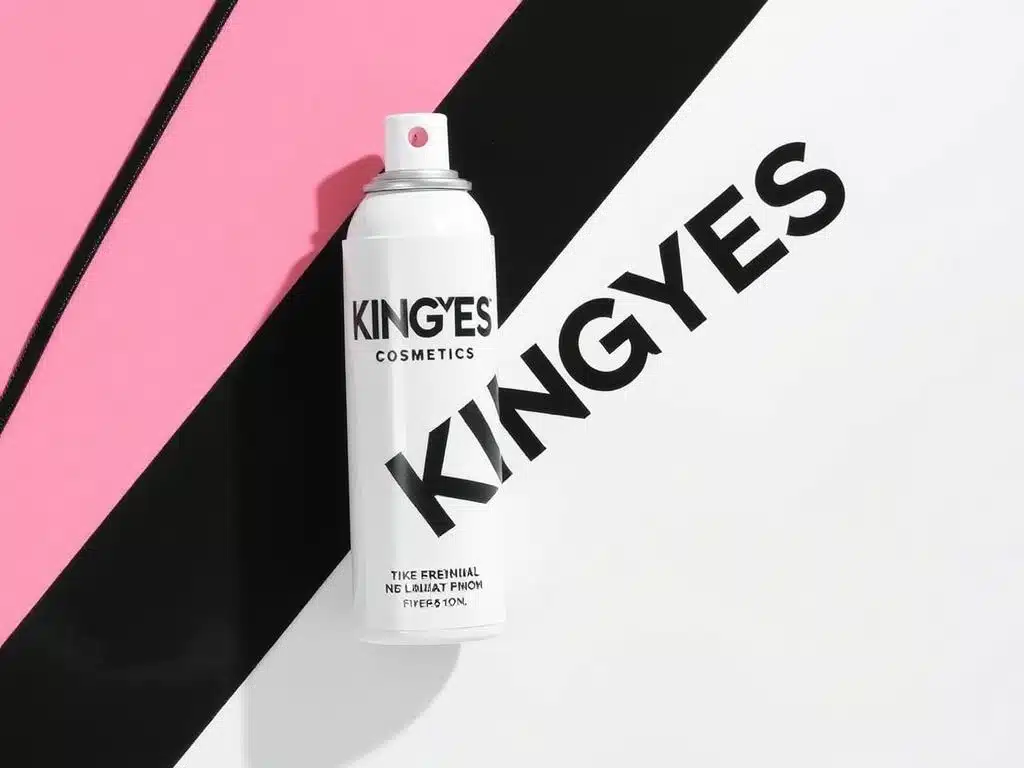
How To Sell Cosmetics On Bukalapak?
Indonesia’s burgeoning e-commerce scene presents a wealth of opportunities for businesses, and Bukalapak is a key player in this dynamic marketplace.
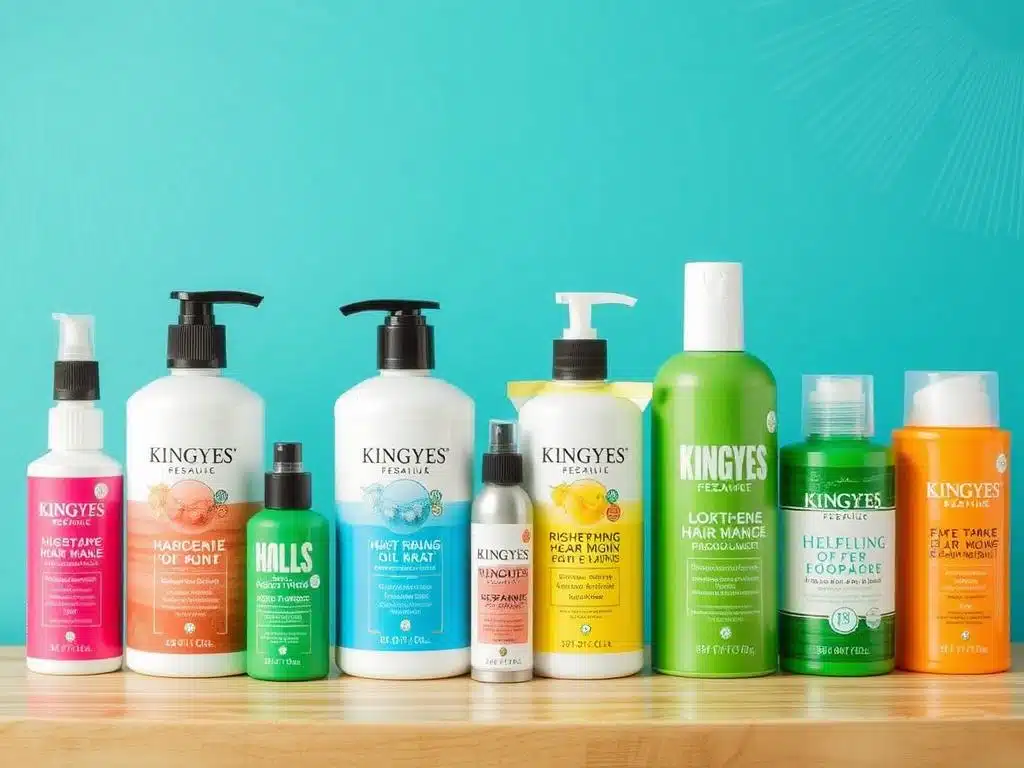
How To Make Hair Products To Sell?
So, you’re passionate about hair care and dream of creating your own line of hair products?
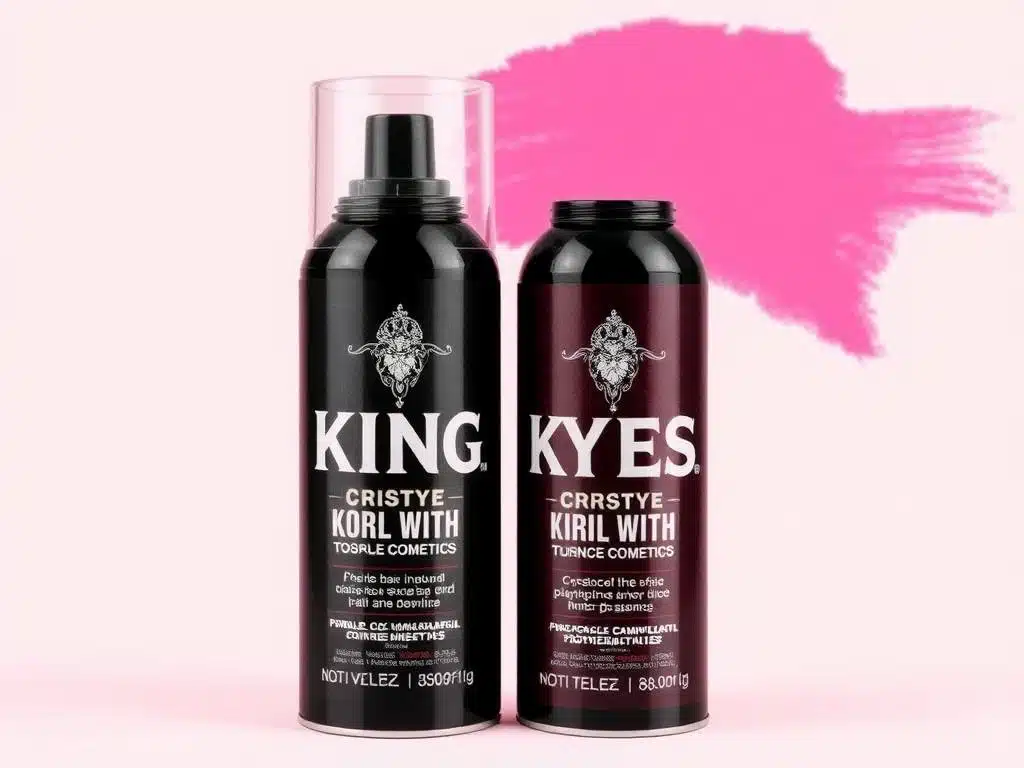
How To Sell Cosmetics On Tiktok?
Want to tap into the viral power of TikTok to boost sales for your cosmetics brand?

Can You Color Your Hair When You’re Pregnant? A Safe Guide
Are you pregnant? Do you want to dye your hair? You are not alone. Many moms worry about this. Is it safe? Will it hurt my baby? Let’s find out.
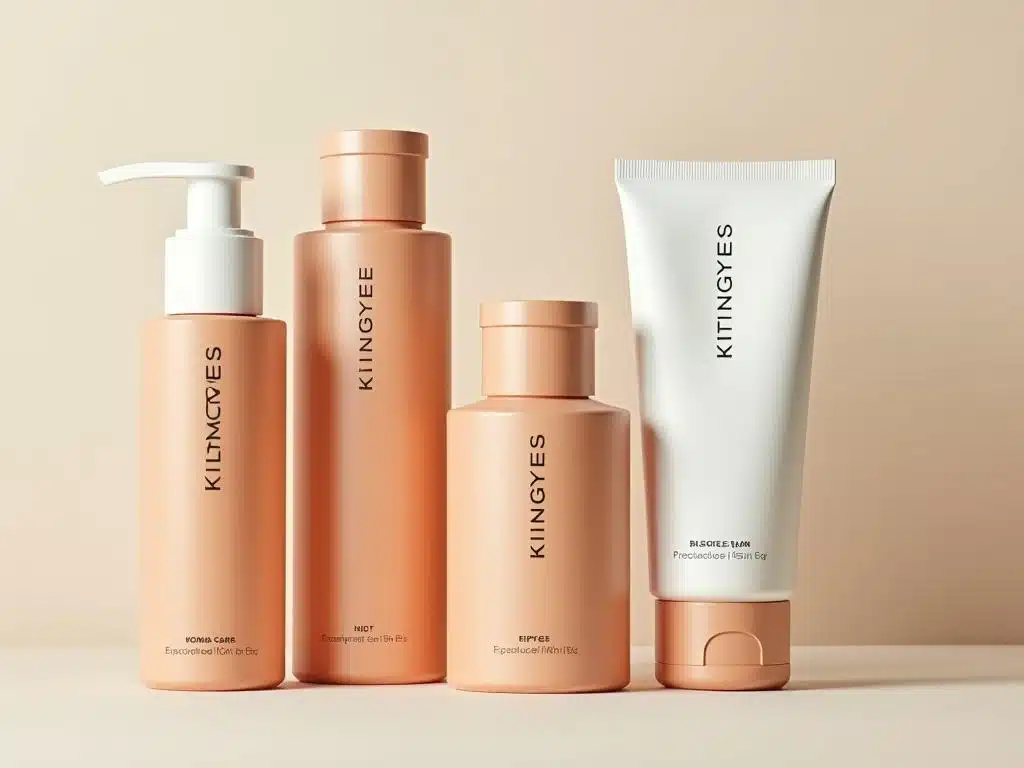
How Has Video Advetisng Impacted Ordianry Skin Care Brand?
The ordinary brand, a disruptor in the beauty industry, has redefined skincare with its science-backed approach and commitment to transparency.
- +86 151 1839 7303
- [email protected]
- Mon-Sun 07:00-23:00
Tags

How to Choose a Reliable Cosmetic OEM Manufacturer in China?
How to Pick a Good Makeup Maker in China: A Guide for You.
You possess a concept.
A new face cream. A new hair spray. A new nail color.
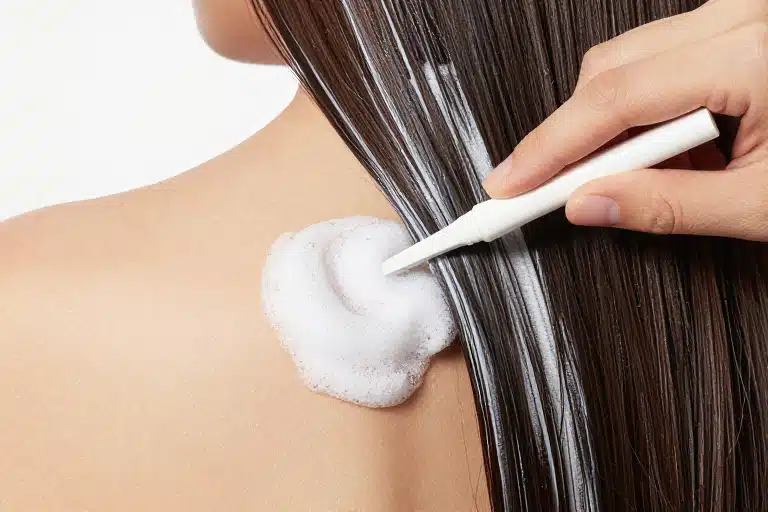
How to Get Hair Dye Off Skin: The Only Guide You Need
Picture this.
You just dyed your hair. You used a new color. It looks great. Your hair shines. You feel happy. You feel like a new person.

How Often Should You Wash Your Hair? The Ultimate Guide
The alarm rings.
You wake up. You stretch. You walk to the mirror.
You look at your hair.

